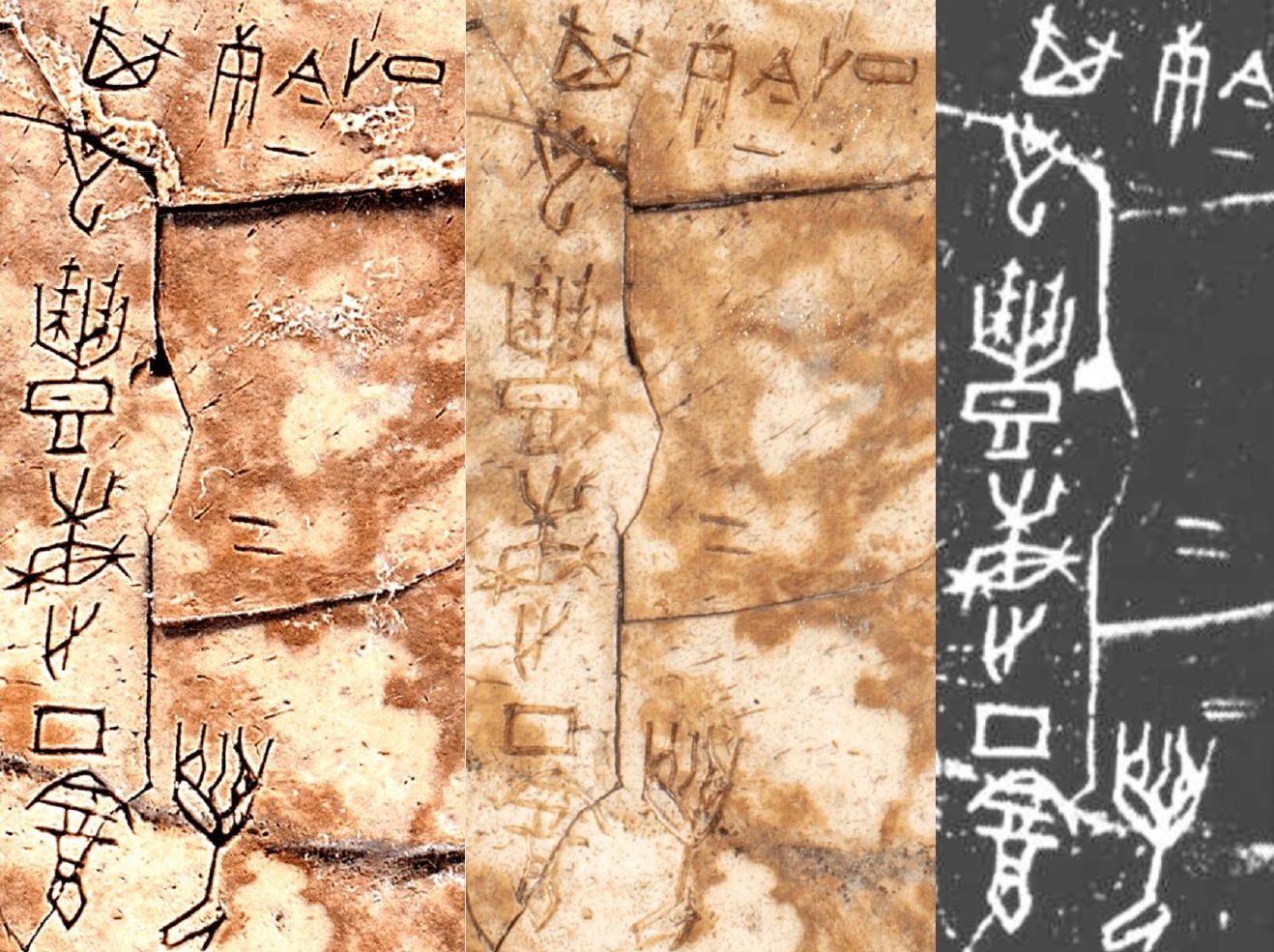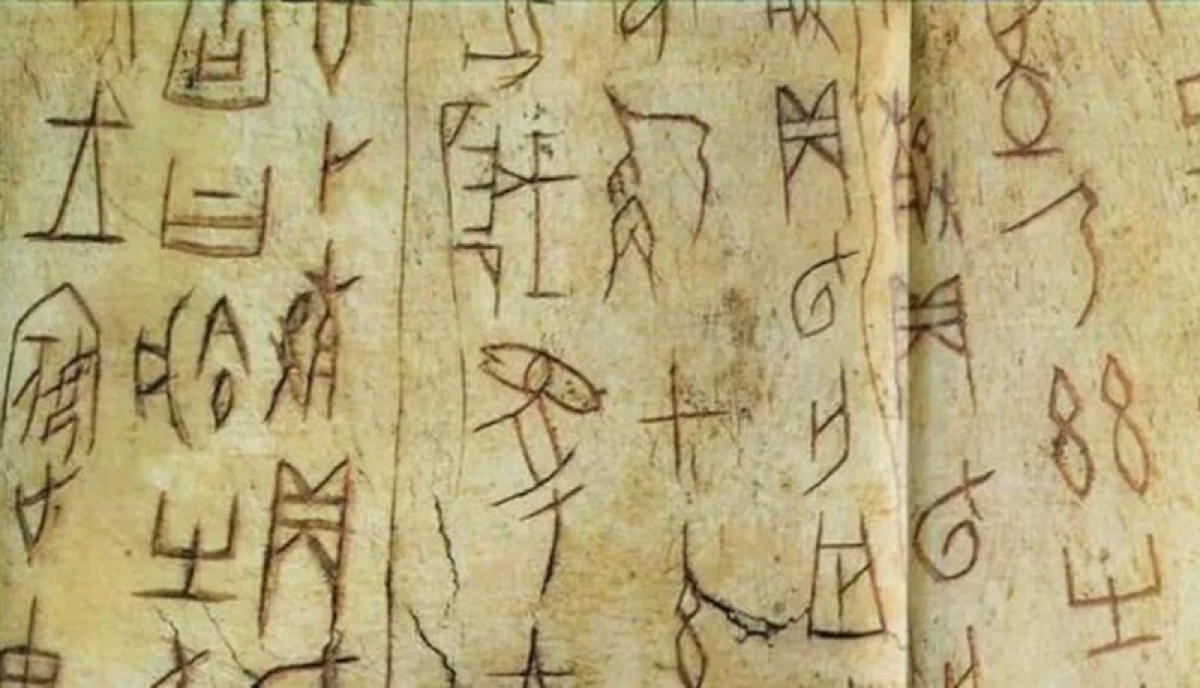China’s most valuable internet company Tencent has developed artificial intelligence (AI) tools to help researchers decipher ancient Chinese script, as it seeks to show the technology has applications outside of online entertainment.
Known as the world’s biggest videogame company and developer of the “super app” WeChat, Tencent said its Oracle Bones Corpus could help researchers translate the ancient oracle bones script used in China about 3,600 years ago.
The writing was inscribed on tortoise shells and animal bones used in divination, and about 4,500 unique characters have been identified from 16,000 pieces of oracle bones found in China and elsewhere.
But only about 1,500 of them have been matched with modern Chinese characters, a process Tencent could be made “significantly” more efficient and accurate through its database of thousands of indexed images.

‘Oracle Bones Corpus’
“With Oracle Bones Corpus, we have established a platform for all the stakeholders in oracle bones research to work together towards a common goal,” said the head of the digital culture lab at Tencent’s Sustainable Social Value Organisation, Zhan Shu.
“We look forward to seeing more oracle bones digitised, and invite researchers and anthropology enthusiasts to decipher the secrets of these ancient texts.”
The new online platform aims to bring together digitised versions of the oracle bones including photos, three-dimensional models, ink rubbings and AI-enhanced replicas, along with an index of characters to aid researchers in making comparisons.
An “indentation highlight” feature enhances visualisation of the oracle bones, allowing researchers to see sharper details including shallow carvings, Tencent said.
Microsoft in 2023 worked with Chinese university researhcers on Project Diviner using AI to curate and restore inscriptions on oracle bones.

Generative AI price war
Like scores of other Chinese tech giants and start-ups, Tencent is also heavily invested in generative AI and earlier this month slashed prices on its Hunyan large language model (LLM) as competition heats up.
The move followed similar price cuts by generative AI competitors iFlytek, Alibaba, Baidu and ByteDance.
In spite of heavy investments and hype around generative AI over the past year, a study from Reuters Institute and Oxford University this week found the technology was not routinely used by the online populace.




